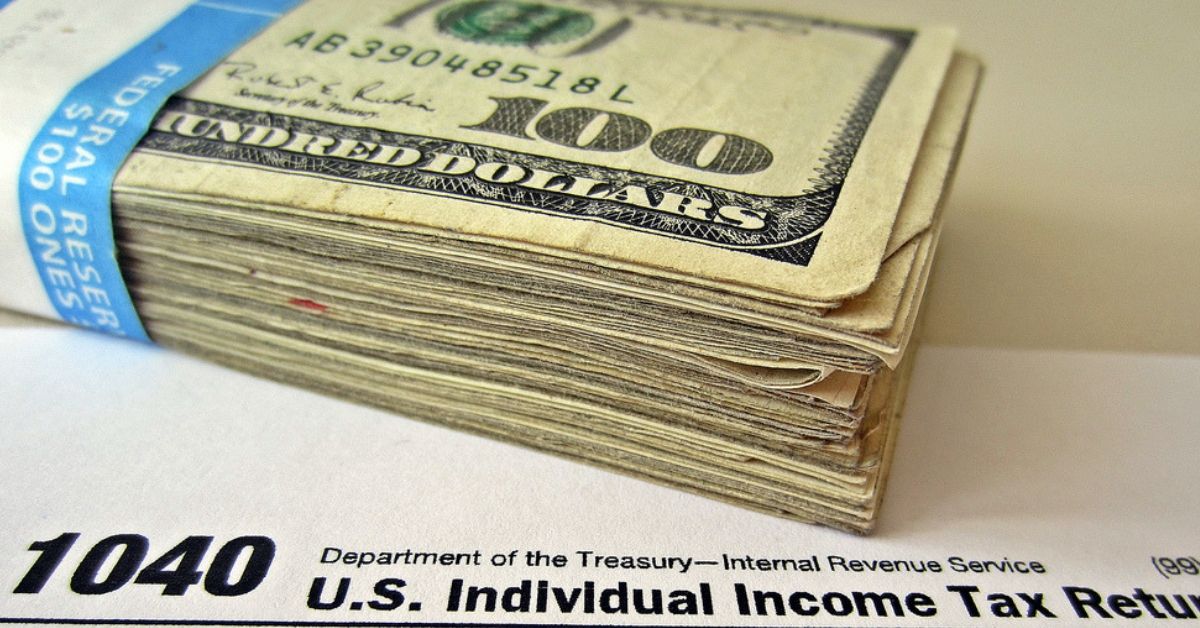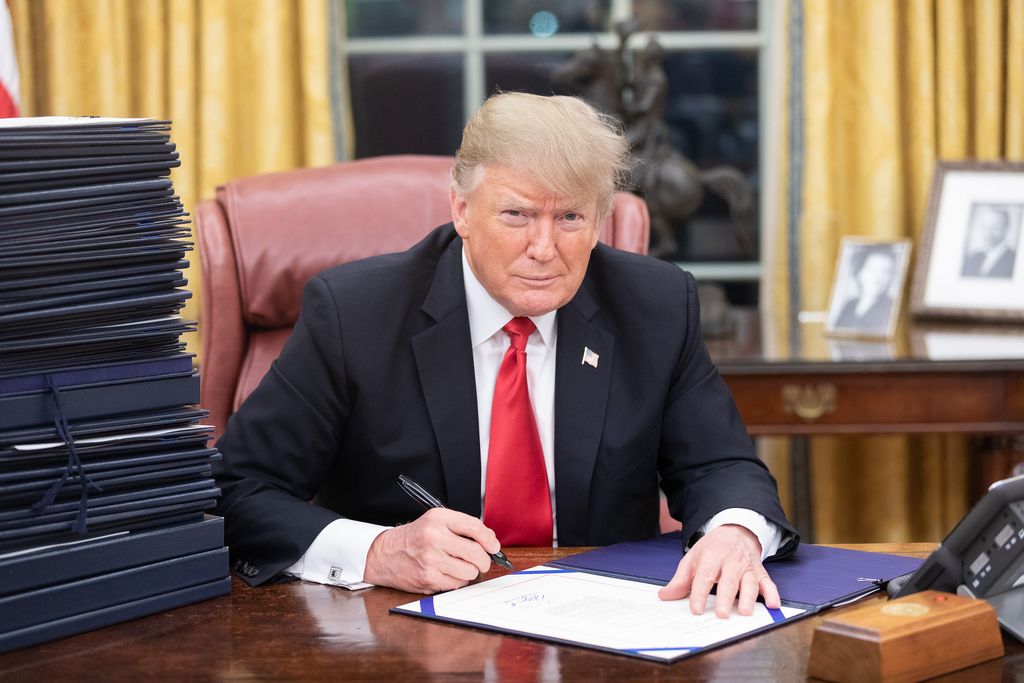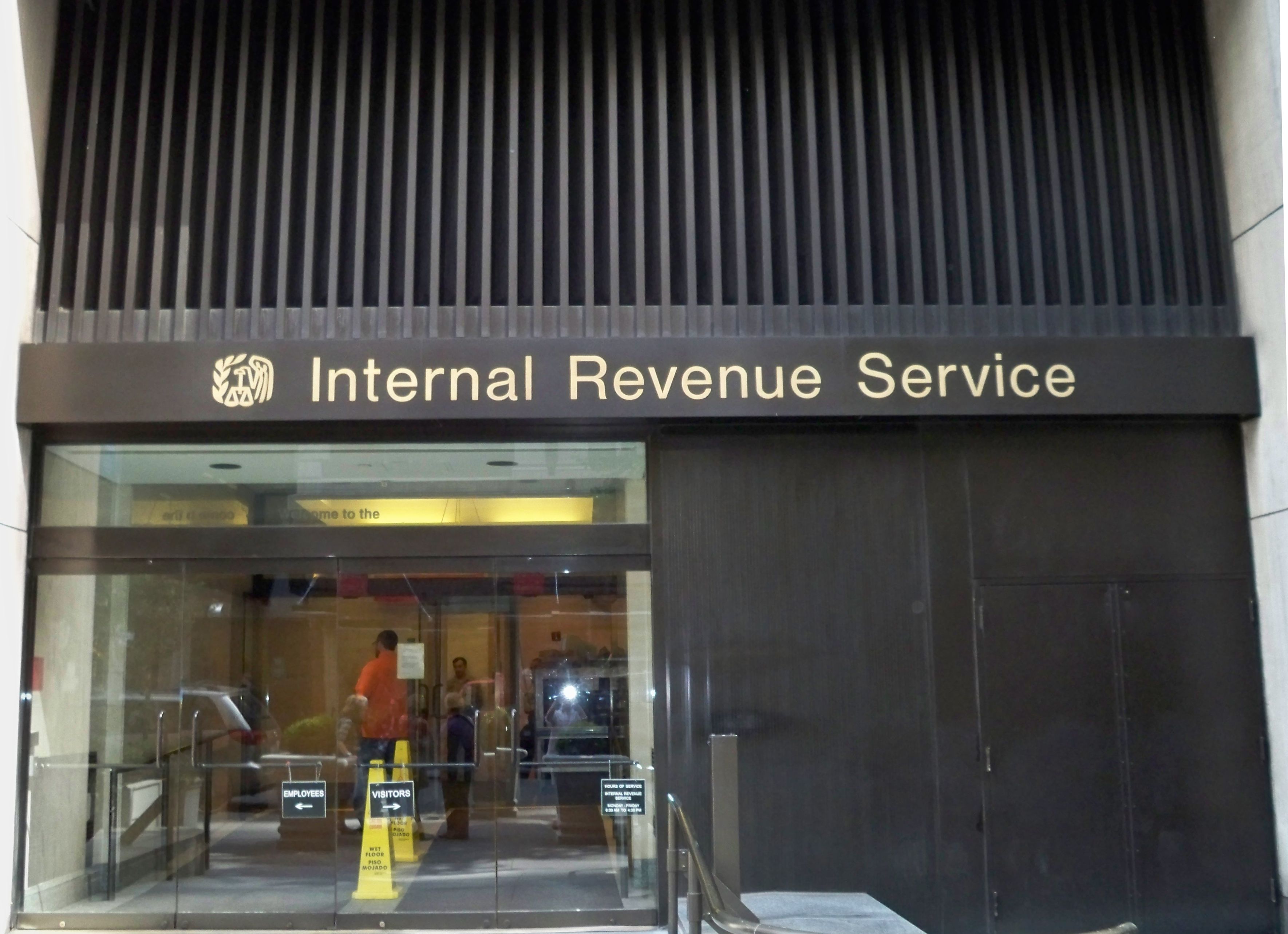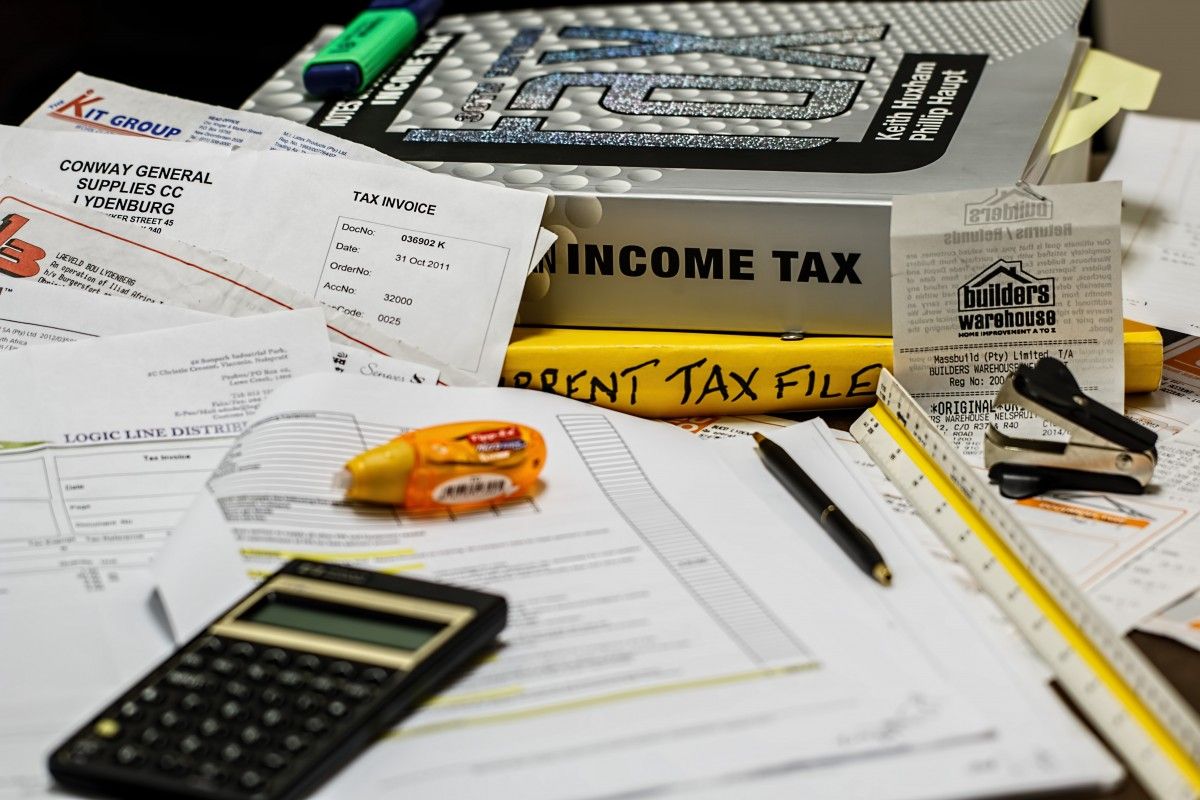It has been more than two weeks since President Donald Trump's partial government shutdown, and negotiations about the border wall remain at a standstill.
With neither side refusing to crumble, there really is no end in sight, potentially turning this into the longest shutdown in the history of the nation.
As a result, more than 800,000 federal employees are currently working without pay or have been furloughed. Many have even turned to crowdfunding websites like GoFundMe to raise money for basic necessities like food and rent.
However, the impact of the situation isn't just limited to government workers, the public haven't been able to receive certain services. As we enter tax season, many have been left wondering if their tax refunds will be processed.
The concern also stems from the fact that under a shutdown processing tax refunds is classified as non-essential work, according to the Internal Revenue Service (IRS) guidelines.
In previous shutdowns, the IRS said it did not have the funds to pay its staff, so refunds couldn't be sent out.
This time, we can all breathe a sigh of relief as the White House finally confirmed that the IRS will be issuing refunds.
"Tax refunds will go out," Russell T. Vought, acting director of the White House Office of Management and Budget, said on Monday.
"We have tried to make this as painless as possible consistent with the law," Vought said, according to the Washington Post.
While this is good news for the population, it may have some severe legal consequences for the IRS.
Nicole Kaeding, the director of federal projects at the Tax Foundation told People: "Did they have the authority to have employees there to process the refunds? Were those workers essential and could they be working during a government shutdown? That's what was reversed yesterday."
It's also important to note that even though you'll be getting some extra cash, many of the staff responsible for handling the returns will probably have to work without pay, so delays are to be expected. Workers may call in sick to avoid putting in hours sans a paycheck.
Tax filing season starts on January 28, and if the government isn't fully functioning by then, you could be waiting longer than usual before that check arrives.




